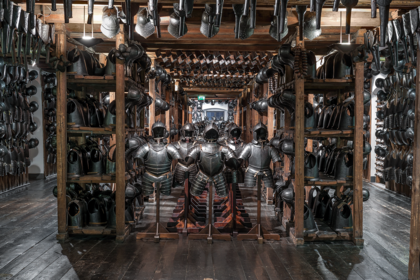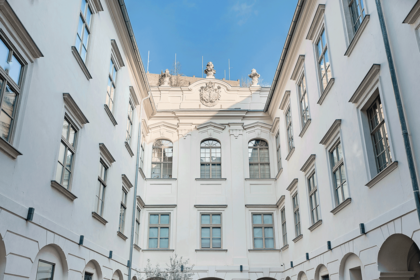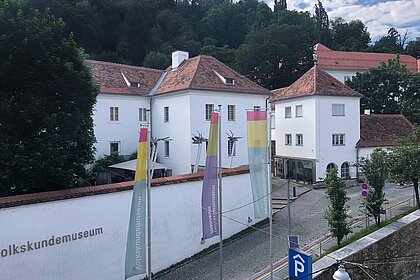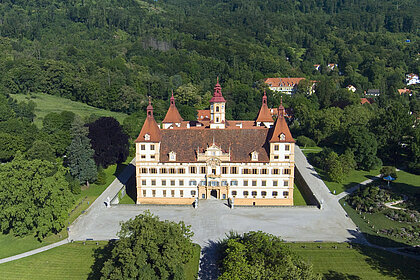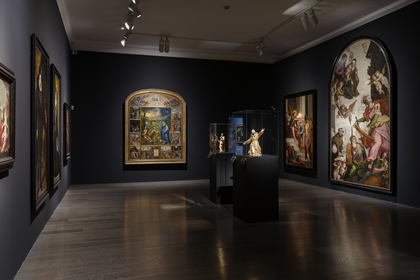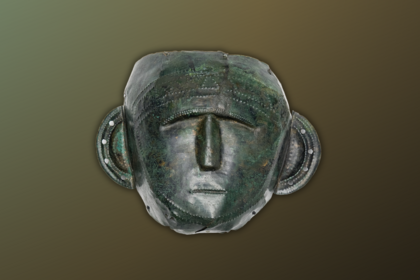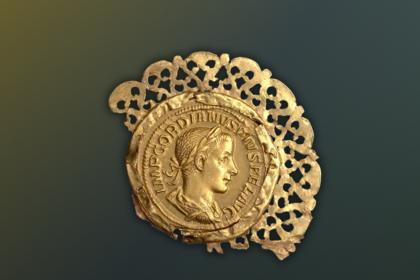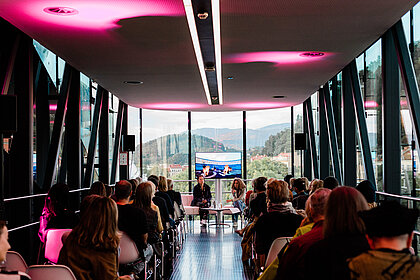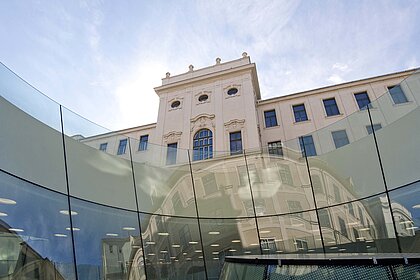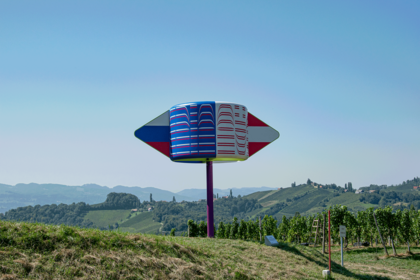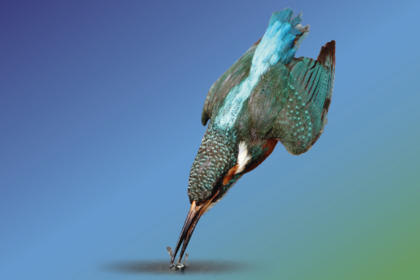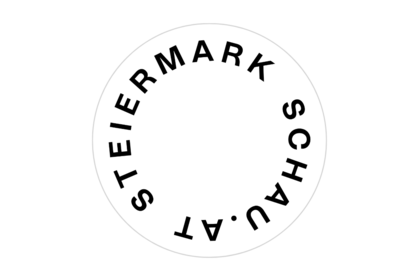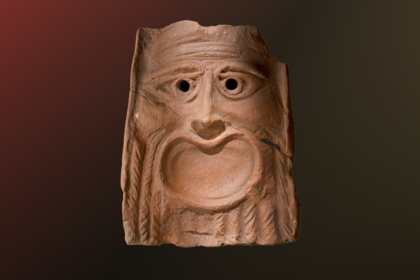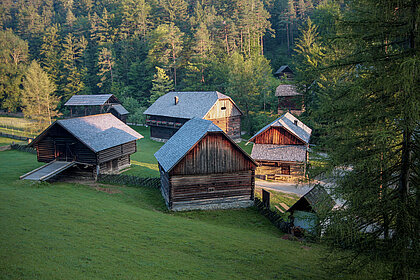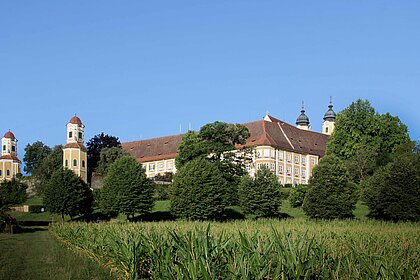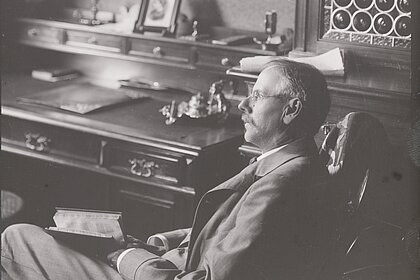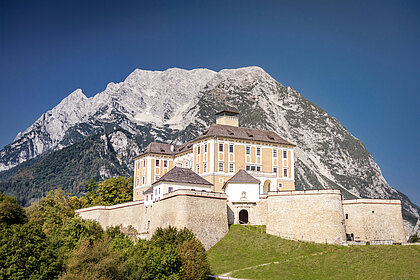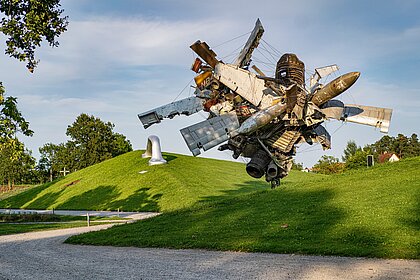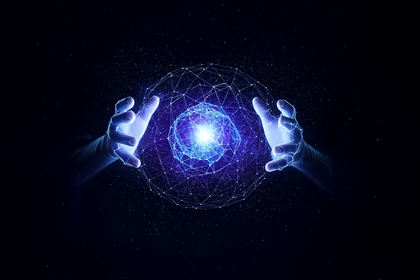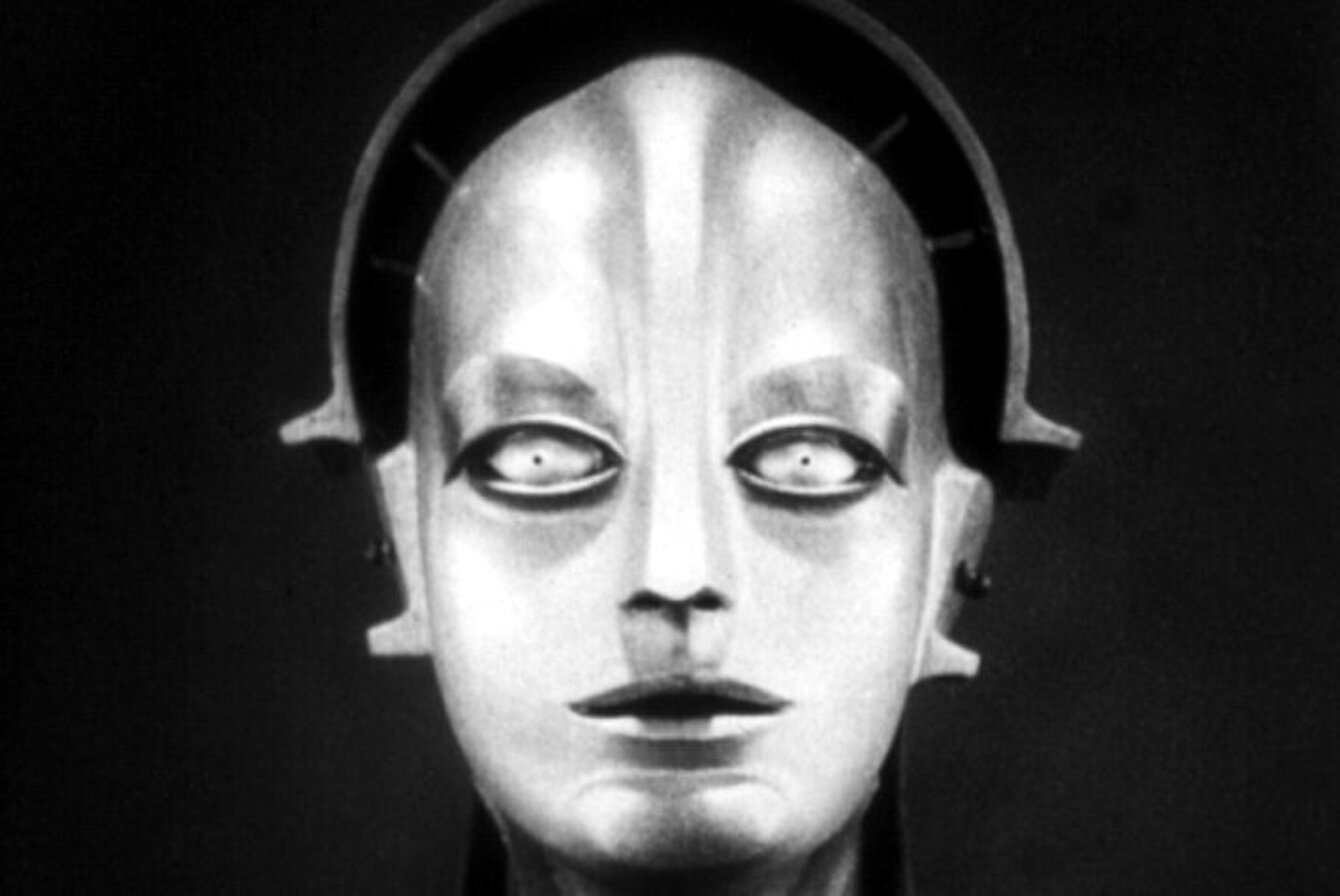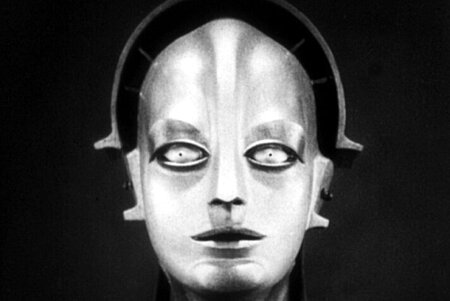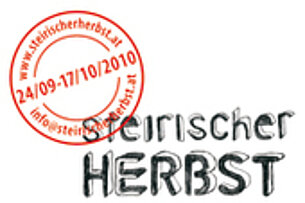Robots are no longer found just on the factory floor or as highly developed imaginary creatures in science-fiction stories. They are moving into our homes, taking to the water or the air, optimizing artificial limbs, helping autistic children and surveying fields.
The exhibition Robot Dreams is our second co-production with the Jean Tinguely Museum in Basle. Like the first, the successful Moving Parts exhibition in 2004, which featured contemporary kinetic art, it breaks new ground – this time in the field of artificial intelligence. It explores the political, social and artistic implications of new intellectual ideas associated with robots as the android automatons originally conceived solely as mankind’s drudges. Artists are being invited to develop projects specially for the exhibition.
Borrowing its title from Isaac Asimov, the exhibition endeavours to pin down the term ‘robot’ and its association with various concepts such as power, control and fear. The projects go on the trail of pressing questions of embodiment, the interaction between man and machine, biopolitics and various forms of swarm-oriented thinking (e.g. community-organised thinking), also feedback from developments in the realm of artificial intelligence relative to the perception of human behaviour and human intelligence.
Robots act here as an artistic medium, a mirror of ethical considerations to do with artificial beings and differing definitions of intelligence. Naturally, this involves taking a critical (and often coolly detached) look at its different levels of meaning in respect of the Other.
With works by Thomas Baumann (A), John Bock (D), Kirsty Boyle (Aus), Yan Duyvendak (CH), Jessica Field (CA), Sibylle Hauert & Daniel Reichmuth (CH), Jon Kessler (USA), Ed Kienholz (USA), Richard Kriesche (A), Luc Mattenberger (CH), Laurent Mignonneau & Christa Sommerer (A/F), Nam June Paik (J), Niki Passath (A), Walter Pichler (A), François Roche / R&Sie(n) with Stephan Henrich (F), Stelarc (Aus), Virgil Widrich (A) and others.
A catalogue accompanies the exhibition.
*The concept of robot comes from Karel Čapek’s science-fiction play R.U.R. (1920) and is based on the Czech word robota, meaning “labour”.
